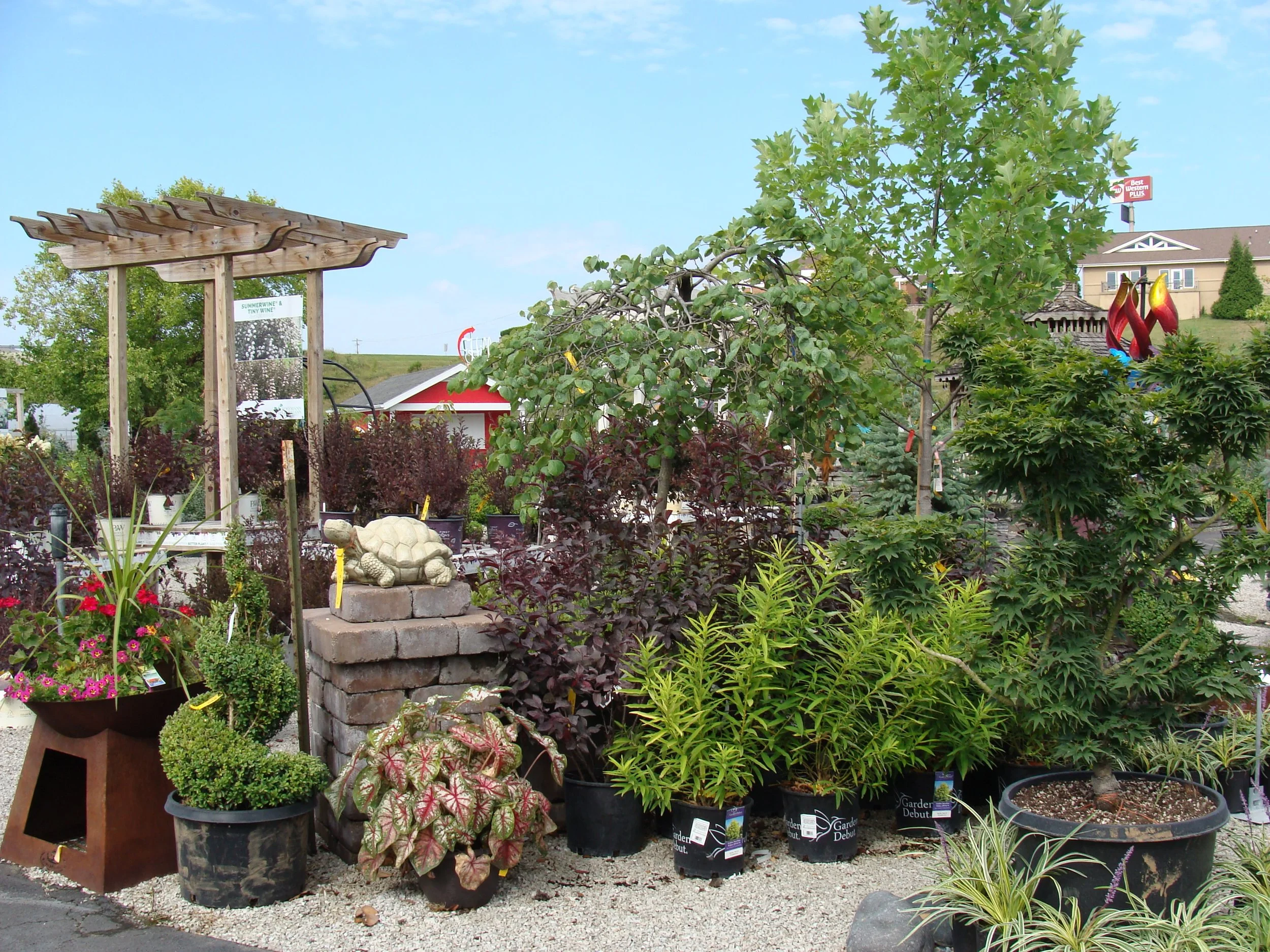Because who doesn't love a nice, warm bath? (Or for the wild birds, any water that is not frozen in winter). Give the birds some much needed water to help them survive the winter. Besides for drinking, birds need to clean their feathers to keep them fluffy and warm in winter. Check out these heated birdbaths and de-icers available in our Garden Center - then come visit us for the item(s) that are right for you.
Songbird Essentials Heated 14” Bird Bath with post - $139.99.
Songbird Essentials 14” Heated Deck Birdbath - $85.99.
Bird Bath De-Icers - various types ranging from $24.99 to $60.99















